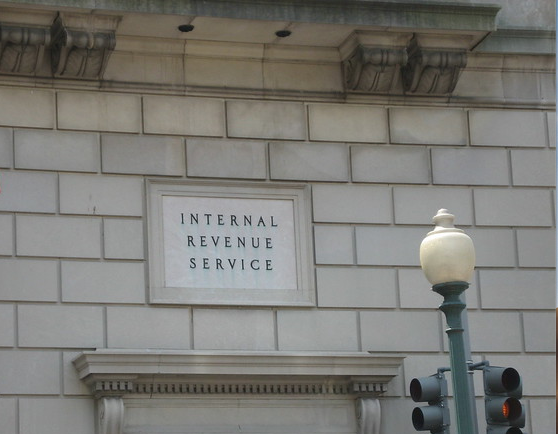
The Trump Administration has proposed a rule to streamline the nonprofit filing process and prevent future administrations from targeting organizations by leaking sensitive information. Under this proposal, many nonprofits including 501(c)(4)s, 501(c)(5)s, and 501(c)(6)s would no longer be required to submit a Schedule B form to the IRS.
The IRS has no need for the donor information and can enforce tax laws without it. On top of having no use for it, the IRS has inappropriately used the information. In 2014, the IRS had to pay the National Organization for Marriage $50,000 after disclosing their donors to an oppositional organization who published it.
Further, according to a 2016 study by the Government Accountability Office, the IRS has disproportionately targeted organizations based on religious, educational, and political views, specifically Tea Party groups.
The information that is public will not change under the proposed rule, though money and time will be saved on both sides by eliminating this tedious process. In fact, The Institute for Free Speech estimates that nonprofits would save about $63 million if Schedule B were repealed.
Critics have falsely stated that the rule will allow for illegal foreign transactions. However, there are already measures in place to track these transactions, and it is highly unlikely that anyone will admit to funneling illegal money on the form. Even if the IRS did suspect laws were being broken, it has no authority to share the information it collects with the FCC and the DOJ, the two agencies with the ability to enforce campaign finance laws.
The proposed rule would hold the IRS more accountable and protect free speech of donors and those working for non-profits. American citizens have the right to associate with and donate to organizations freely and privately. If a Schedule B is leaked, the IRS can and has faced legal consequences. In 2014, the IRS had to pay the National Organization for Marriage $50,000 after disclosing their donors to an oppositional organization who published it.
The proposed rule, “Guidance Under Section 6033 Regarding the Reporting Requirements of Exempt Organizations” will be open for comments until December 9. ATR urges support for Schedule B reform to eliminate the unnecessary time and effort of the process, while protecting privacy and free speech.

